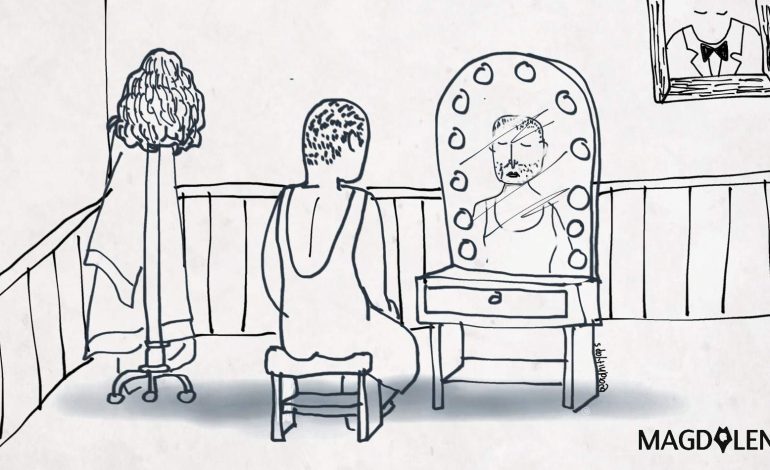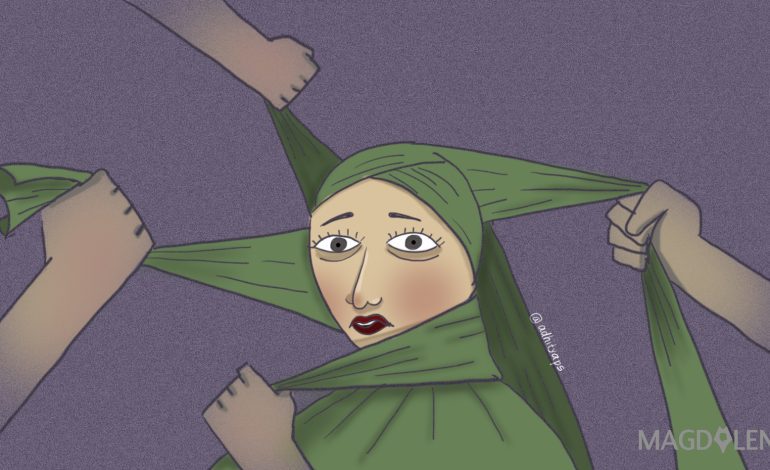Skin-Deep or Not, Asians Need to Admit Its Own Racism

Last month the world was in shock following the neo Nazi and white supremacists’ violence in Charlottesville in the United States. News, thoughts, supports, and articles on horrible event flooded my timeline for several days.
Many of the articles offered different points of view in examining the problem, but one made me stop and reflect. In the piece, the author points out how Asians chose not to participate in counter-protesting the white supremacy and not to show their support during this dark and difficult time; and how they generally chose to stay because they felt the issue did not affect them.
The article is addressed to East Asian (Japanese, Korean, Chinese) in particular by saying that basically they are not white, and they need to end the apathy and show some solidarity with fellow people of color.
After reading it, I remembered an article I read on BuzzFeed. In it, writer Ashly Perez, a Cuban-Filipino-Korean American tells her experience teaching English at a primary school in South Korea. One day she sat next to a student who was crying after the boys in her class called her “the Mayor of Africa” for having a slightly darker skin. Kids have been taught from a young age that girls with dark skin are less beautiful than those with fair skin.
Growing up in Indonesia, this situation is not unfamiliar for me too. Although generally people have brown skins, some are one or two shades darker or lighter than others. During my entire school life I watched how kids insulted their schoolmates based on their skin tones. Among my peer, I was considered relatively light-skinned, but in my family, I am one of the darkest skinned, at least for a girl.
Girls and women are expected to have fairer or lighter skin than boys. This is because people often associate being fair skinned with cleanliness and/or beauty. And, of course, women are expected to be the “clean” and “pretty” gender. Beauty and makeup products offer “whitening” lotion, soap, or cream. “Your skin got fairer” is often regarded as a compliment and “you look black” or “your skin got darker” is meant to be an insult or at least a condescending comment.
At this point, I began to think that maybe hereafter I’ll refrain from relating this Asian problem to white supremacy, since the issue here seems to be literally skin deep: the tone of one’s skin. But then I remembered that when my cousin’s story when she went to Korea once for a cultural exchange program. She told me that at a glance, Koreans generally are more welcoming to Caucasian foreigners than those who belong in the darker shades (South/Southeast Asians, African) race.
I cannot speak for everyone in Indonesia, but I personally have heard stories about college kids who joined an international buddy club program who were only willing to be paired with Caucasian students. And we all know about how we always love those bules (white people) or bule-looking individuals on our TVs.
Now, I rethink my previous stance. Maybe it is more than just about skin tone. Maybe it is also about race? Maybe deep down inside, we Asians agree that white people are superior to us, superior to other races with darker skins? It is a terribly ugly thing to admit, but it is better to admit it rather than pretend it does not exist. At least by admitting it, we recognize that it is a problem, that it exists, so we are one step closer to doing something about it. Because whether it is racial or merely skin-tone, prejudice is not okay. Discrimination is wrong.






















